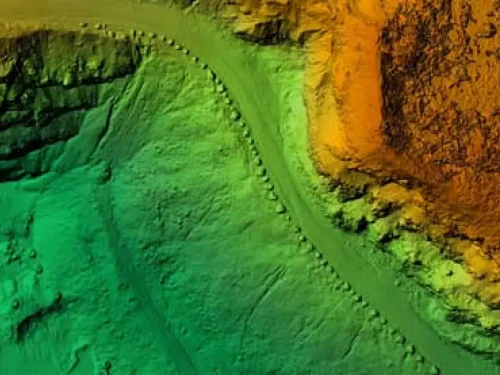Policing
Policing is a constantly evolving field that requires professionals to adapt to new challenges, technologies, and community expectations. From crime prevention strategies to public safety initiatives, modern law enforcement demands a deep understanding of policy, ethics, and community engagement. Explore insights into policing trends, career opportunities, and the impact of education in shaping the future of law enforcement.
Related Blog Posts
Grad school can open a world of opportunities. It’s wise to do your research and make sure you’re pursuing the right degree and program to reach your career goals. People interested in strengthening skills to head an organization might need to make a decision between more than one degree, specifically: a Master of Public Administration (MPA) or Master of Business Administration (MBA).
The Bureau of Labor Statistics estimates that healthcare positions will grow by 4.6 million by the year 2029 and that six out of the 10 fastest-growing occupations will be related to healthcare.1 Given recent global health events, it stands to reason that jobs in public health would be growing as well.
A whole variety of career opportunities are available for professionals in the field of geographic information systems (GIS) and geographic information science (GISc). These fields are among the fastest-growing disciplines, requiring a broad spectrum of skills in environmental sciences, digital technologies and project management. There are exciting, high-paying GIS and GISc careers for every interest, whether you enjoy being outdoors and exploring natural environments, have a passion for sustainable urban development or prefer the challenge of operating high-tech digital tools in an office setting.
Geographic Information Science (GISc) is a field of study that covers a range of socio-political, geographical and informational disciplines. It involves the use of various technologies for recording and analyzing spatial and geographic data in a useful and easily-accessible manner. Using computer-based applications, GIS frameworks allow engineers and technicians to create interactive queries from collected data and produce visually compelling data maps.
The term “geographic information science” (GISc) might be unfamiliar or seem a little obscure, but it’s actually a rapidly growing profession with careers in high demand. The world is increasingly reliant on GISc graduates with skills in geographic information systems in a wide variety of industries. From software development and law enforcement to climate scientists and urban planners, GISc is an important field of study.
September 15th is National Online Learning Day. Recognition of online learning is especially relevant this year after the pandemic and resulting school closures exposed many more people to online learning. If the pandemic had happened 20, or even 10 years ago, the quick pivot to online learning would not have been possible. Existing technology, resources, and online pedagogy have advanced to the point that it was possible to provide education to most students and to keep them from missing a year of schooling.
Online learning provides convenience and personalization for every learner. Online learners can broaden their horizons and achieve their goals by:
We asked Drew Shipka, Director of Kent State Online, to tell us more about instructional design and online learning.
Did you know that Kent State University has 16 fully online undergraduate degrees? Learn more about all our online graduate degrees below.
Did you know that Kent State University has 30 fully online graduate degrees? Learn more about all our online graduate degrees below.










